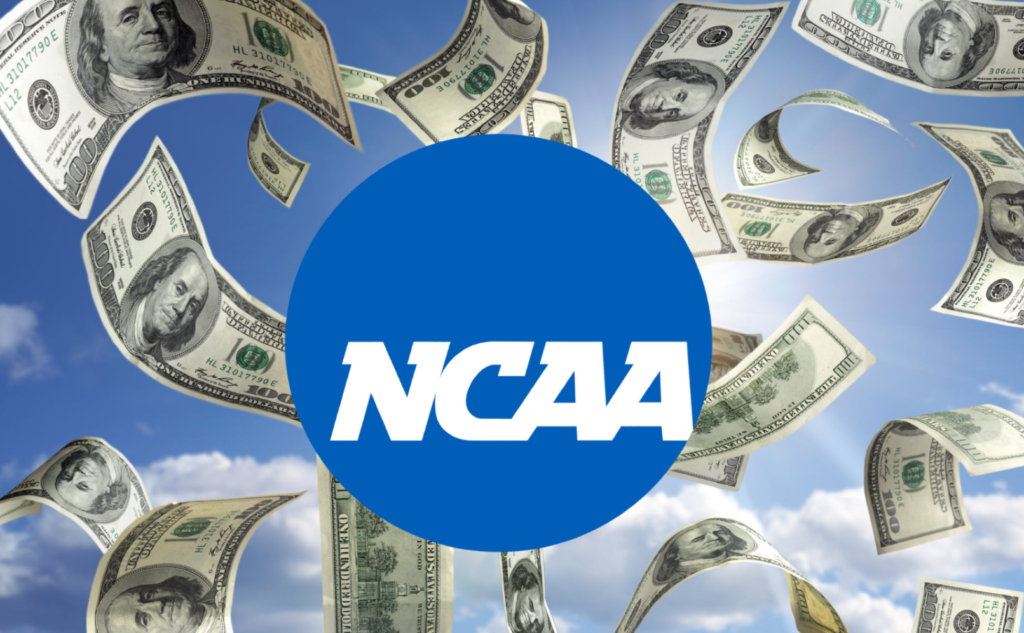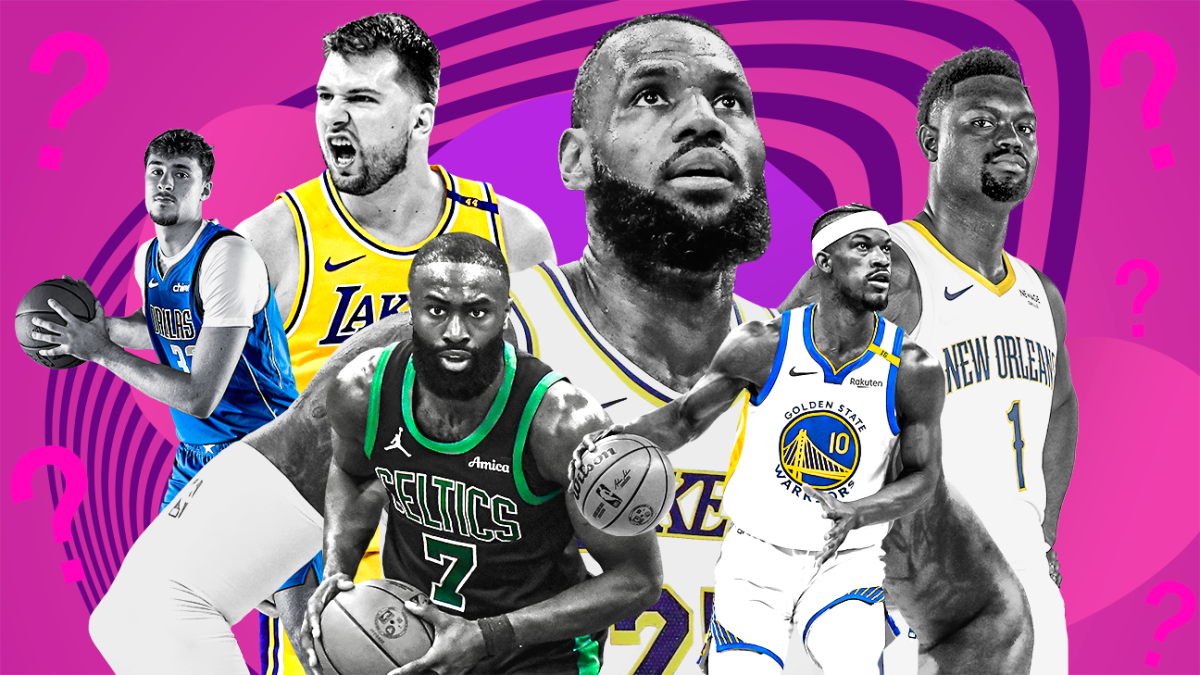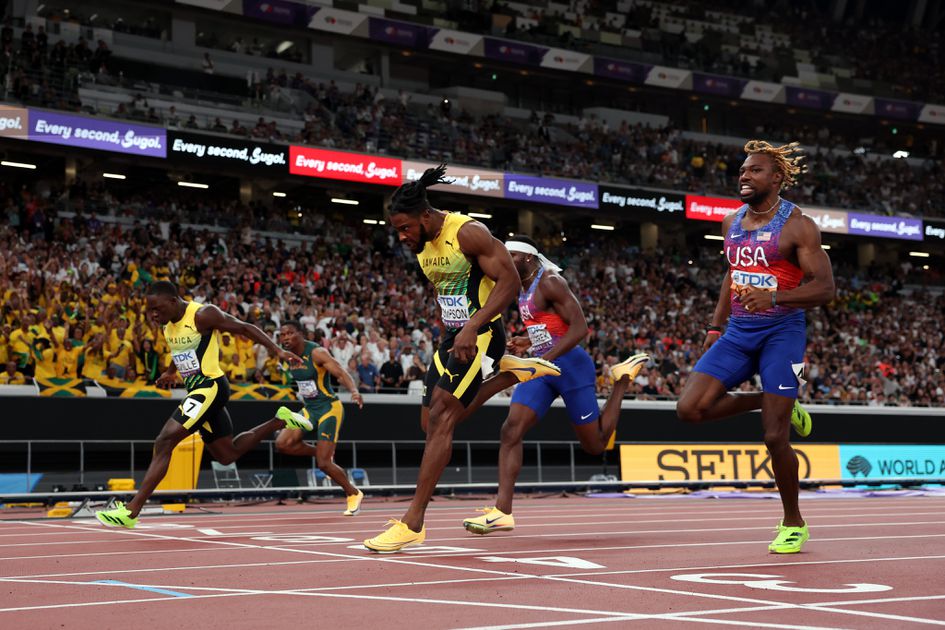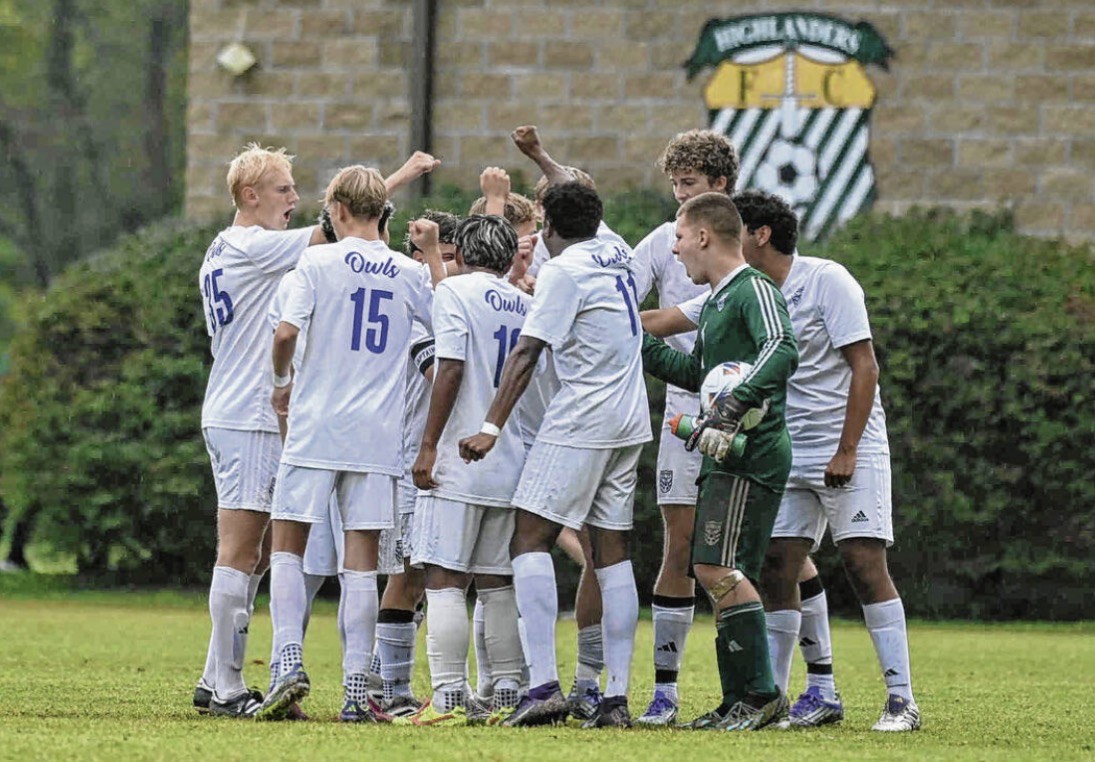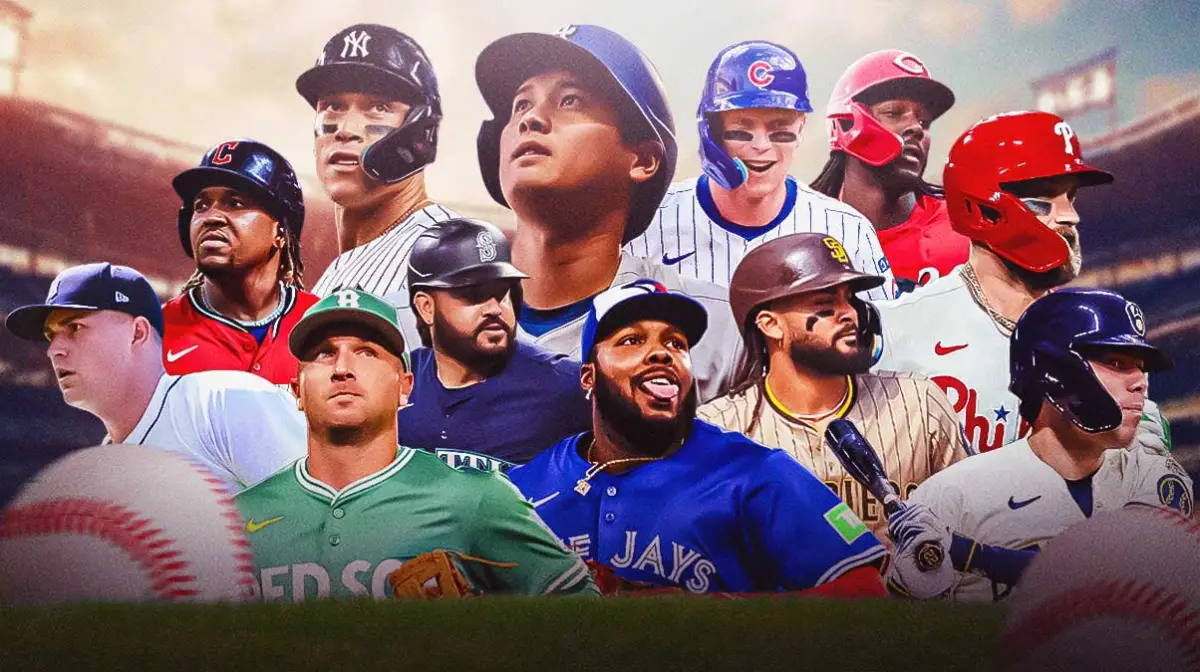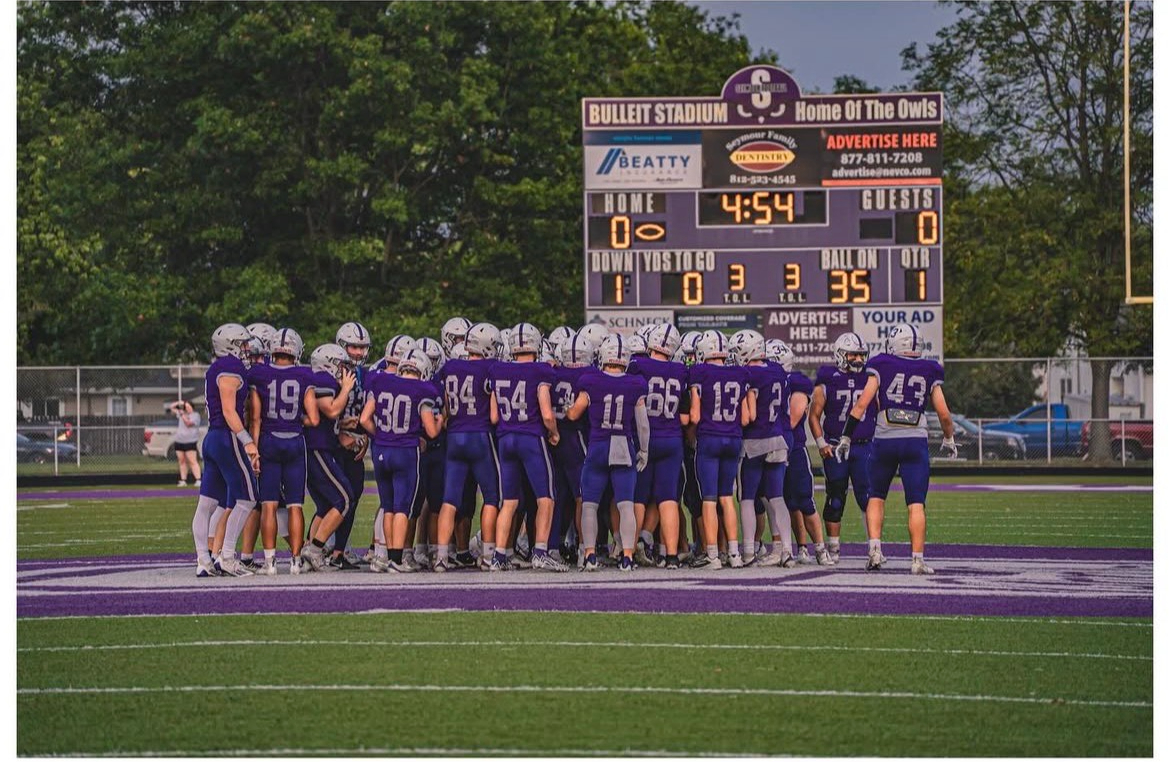Is NIL ruining college sports? That’s the question that has been making its way through the college sports landscape lately. If you don’t know what NIL is, it stands for name, image, and likeness. It’s a way for college athletes to get paid. I love the idea of athletes getting paid, but I think it has gotten out of hand.
Why was NIL not introduced until 2021? The players had been asking for a percentage of the revenue for a while, and the NCAA would not budge. During the 2015 college football season, the top 100 football programs generated a combined revenue of $5.6 billion, yet the players earned $0. This was a big problem. And only after countless years of asking did the players get their wish.
How has NIL changed college sports? It’s changed it massively. Players are requesting millions of dollars to return to their school like it’s the NFL. And don’t even get me started on the transfer portal, where 3,000 players are negotiating to join a new team. In the winter portal which runs from Dec 9th to Dec 28th, 3,000 players have already entered the portal. I can’t even imagine what that number will be in the spring portal, which runs from April 16th to April 25th. Most players aren’t looking for a new family, they are looking for a new deal. You used to enter the portal when one of three things happened, your coach left, you’re not getting much playing time, or team drama. Now players enter the portal because they want some more money.
What are some examples of NIL’s competence? Here’s one. The #1 ranked college football player in the class of 2025, Bryce Underwood was committed to LSU for almost an entire year. Everyone in college football thought we would see an elite QB playing for LSU next year. But just a few days before Underwood would make it official with LSU, a certain school from his home state of Michigan would start to have some conversations with him and his family. LSU was already offering Underwood a life-changing amount of money, but the Michigan Wolverines thought that wasn’t enough. The Michigan booster club really wanted Underwood as well. Here’s where it gets corrupt. It just happens that one of Michigan’s fans’ husband was the 4th richest man in the world, Larry Ellison. Soon after some negotiations, Underwood committed to Michigan. We will never know how much money he got. It’s not the player’s fault, it’s the NCAA’s fault for not limiting it.
What are some positives about NIL? It sets up athletes and their families for life. If the players get a crazy deal, they’re most likely going to take it, and it’s not because players don’t care anymore, it’s because that money will change their lives forever. Before NIL, college athletes who didn’t make it to the pros were in a tricky situation after school. If they were a true “student-athlete” who graduated with a legit degree they might be fine, but if they didn’t know what they were doing, they could very easily end up homeless or struggling. That will most likely never happen now with NIL.
How has NIL changed the fan experience? It all depends on whether your team has money or not. I love the idea of recruiting a player out of high school and watching him grow for four years, but that has become nearly extinct now. Every year fans look around for their favorite players just to realize they have entered the transfer portal. Many fans have voiced their hate for the portal, but it’s a necessity in today’s game. Very few coaches in major sports can be successful without using the portal. It just happens that my Purdue Boilermakers basketball team does just that with coach Matt Painter. Purdue Basketball was one of two major college basketball teams to not inherit a player from the transfer portal, alongside Marquette. On the football side, this is almost impossible, but the Clemson Tigers did not inherit a single transfer for the 2023-24 season.
What are my final thoughts on NIL? I think that NIL should stay in college sports forever, the players should’ve always gotten a percentage of the revenue. I just think that the NCAA needs to make some strict rules about the limits of money flying around. A good quote for competence in college sports would be “Don’t hate the player, hate the game.”



